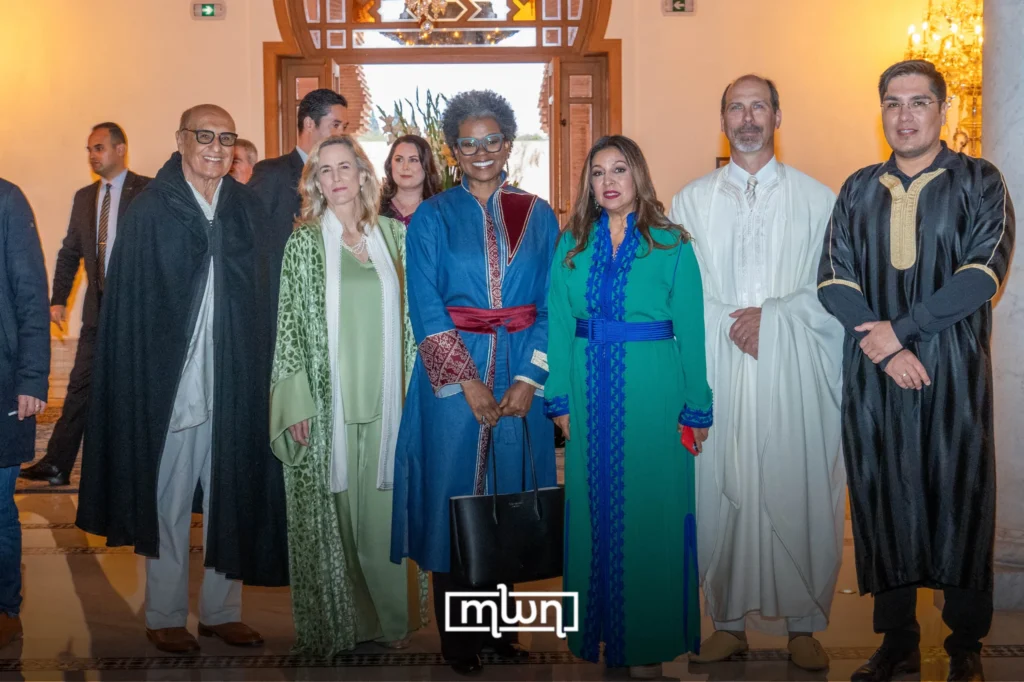Marrakech – This year the American School of Marrakech organized a special Iftar in which families, educators and diplomats were brought together to celebrate the spirit of Ramadan.
For the US Consul General of Casablanca Marissa Scott, Ramadan is more than just fasting – it is a time of reflection and connection.
“It is a time to really think, a time to think, a time for us to find our creator closer,” she said in an interview with Morocco World News (MWN).
She spoke of the efforts that were made in US cities such as Dearborn, Michigan, where the schools adapt their schedules to better accommodate the fasting student, and recognize that inclusive is not just about tolerance – it is about active understanding.
At the center of the evening there was a feeling of unity, something that Priti Paul Kadiri, a board member of the American schools of Marrakech, Tanger and Benguerir, believes that it is essential.
“Breaking bread with our Muslim brothers and sisters is a fantastic opportunity for the community to come together,” she said to MWN.
For many expats, Ramadan in Morocco is not just something they watch from the sidelines – it is something in which they participate and experience the warmth and generosity of the first hand that defines this holy period of the year.
“For my Muslim children and the Muslim people, it shows an appreciation by foreigners for Muslim culture and the traditions of the country,” added Kadiri.
And of course no Iftar is completely without the food. When the US Consul General was asked about her favorite dish during Ramadan, the US consul did not hesitate.
“I really like Rfissa,” she admitted. “It is earthy. You have to get the right type of chicken and the pasta has to be done right.”
Kadiri prefers to prefer it classically: “Chicken tajine with many olives and juicy lemons. You have to return to the classic at this important season.”
In the Oberoi Marrakech, where this year’s Iftar took place, the Spirit of Ramadan was celebrated in his own way. The families gathered against the breathtaking background of the lush gardens and the great architecture of the hotel and the great architecture for a festival that was almost spectacular.
The tables overcrowded with fragrant tagine, freshly baked Moroccan bread and delicate pastries in honey.
The atmosphere was one of joy and togetherness – children who looked between tables, guests exchanged a warm smile, and the occasional call for “just another” portion of favorite dishes.
And then, just as a plate was cleared and a glasses minted tea, something unexpected passed – the unmistakable clock of “Macarena” filled the air.
Within moments, some guests began to fluctuate into music and laughed at the contrast between the ancient Ramadan traditions and the sheer nostalgia of a dance hit of the 90s.
Shortly afterwards, Michel Teló’s “Ai se eu te Pego”, and it became clear – this was an iftar that included both tradition and spontaneity.
That is the thing with Ramadan in Morocco. It’s not just about fasting – it’s about the moments in between. The warmth of a mutual meal, laughing over dessert, the mixture of cultures and traditions in a way that feels effortlessly.
And if that contains a small “macarena” to round off the night? Who complains?





